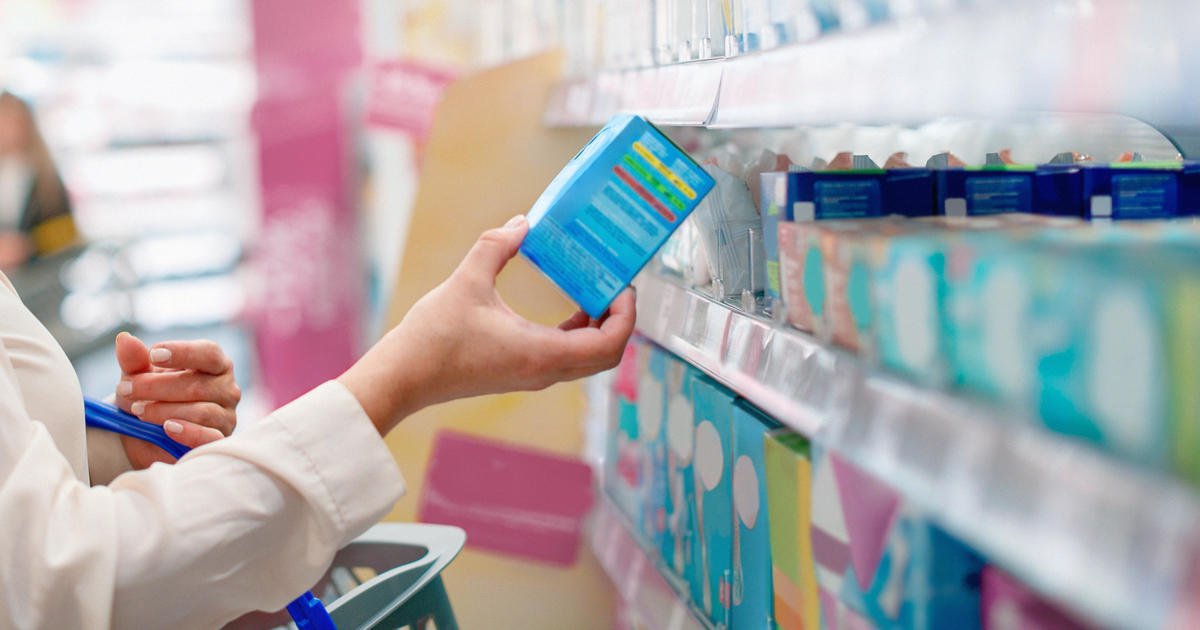
Federal rules don't require period product ingredients on packaging labels. States are stepping in.
CBSN
Tens of millions of Americans use menstrual products, and while manufacturers contend they are safe, most disclose little about the chemicals they contain. Now, amid calls for more disclosure and research into the health effects of these products, some states require more transparency.
The manufacture and sale of period and related products is a big business, with revenue expected to top $4.5 billion in the United States this year. On average, a person uses up to 17,000 tampons or pads in their lifetime, and they might also use rubber or silicone cups, or absorbent period underwear.
The FDA regulates and classifies menstrual products as medical devices, meaning they are not subject to the same labeling laws as other consumer items. But companies can voluntarily disclose what's in their products.

Santa Fe, New Mexico — A representative for the estate of actor Gene Hackman is seeking to block the public release of autopsy and investigative reports, especially photographs and police body-camera video related to the recent deaths of Hackman and wife Betsy Arakawa after their partially mummified bodies were discovered at their New Mexico home in February.

In the past year, over 135 million passengers traveled to the U.S. from other countries. To infectious disease experts, that represents 135 million chances for an outbreak to begin. To identify and stop the next potential pandemic, government disease detectives have been discreetly searching for viral pathogens in wastewater from airplanes. Experts are worried that these efforts may not be enough.











